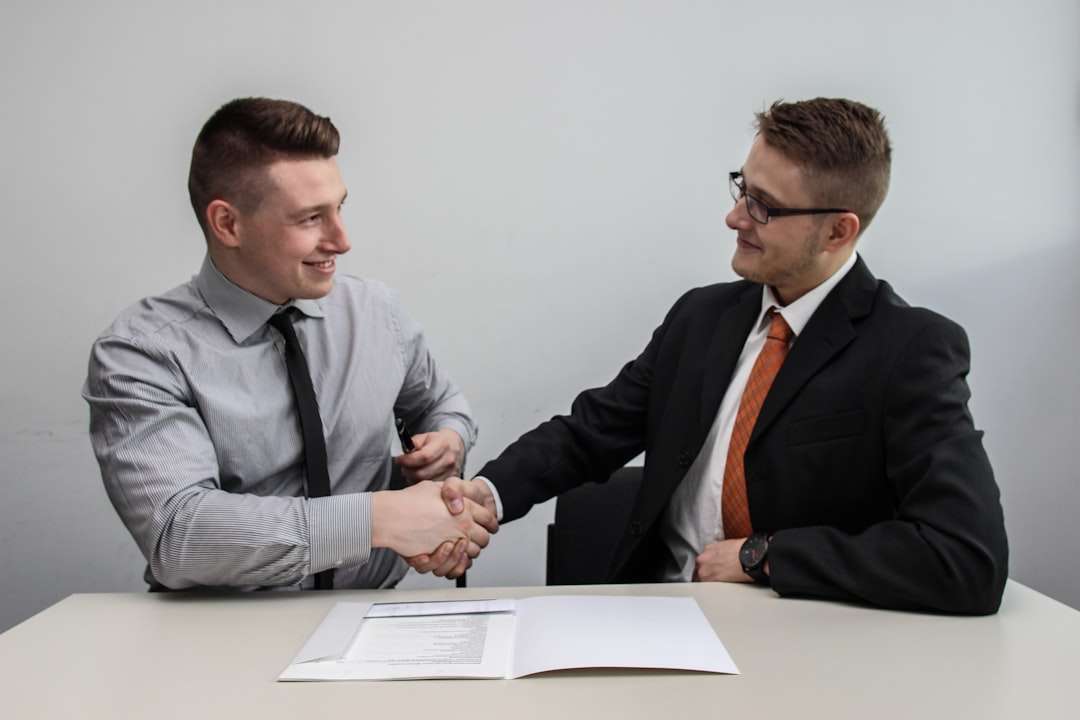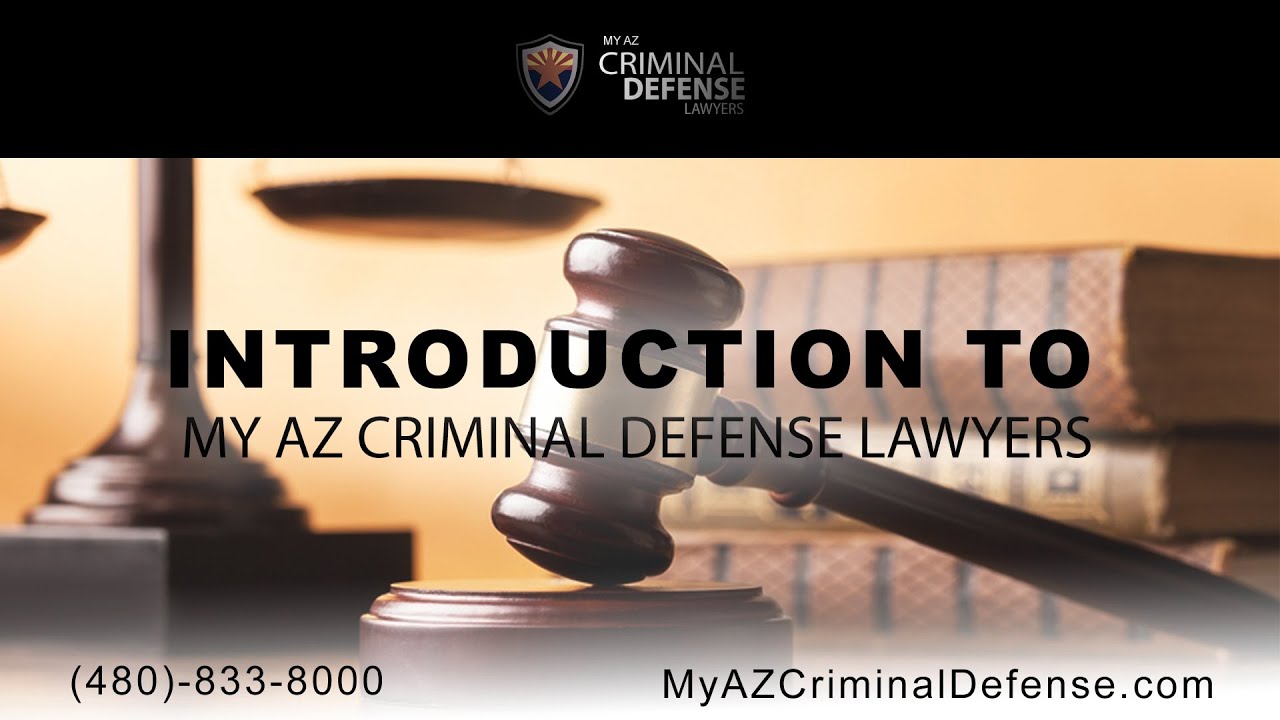Involved in a Car Accident: What to Do
In the aftermath of a car accident, the adrenaline rush and confusion can cloud your judgment. Knowing what steps to take can help you ensure your safety, protect your rights, and minimize the impact of the incident.
Pull Over and Stay Calm
As soon as an accident occurs, your first instinct may be to panic. However, it’s crucial to remain composed and take the following steps:
Pull Over to Safety: Drive your vehicle to the side of the road or a nearby parking lot if possible. Turn on your hazard lights to alert other drivers and protect the scene.
Stay Calm: The adrenaline coursing through your body can make it challenging to think clearly. Take deep breaths, focus on the present moment, and avoid any confrontations with other drivers or parties involved.
Assess the Situation: Observe your surroundings and check for injuries. If someone is hurt, call for medical help immediately.
Turn Off Your Engine: This prevents any potential ignition or explosion, especially if there is a fuel leak.
Check for Damages: Note down the extent of damage to your car and the other vehicles involved. Take pictures if possible.
Stay in Your Vehicle: If possible, remain in your car while waiting for the police. This provides some protection from traffic and potential aggressors.
Gather Information: Collect contact and insurance information from all parties involved, including names, addresses, phone numbers, and insurance policy details. Obtain the make, model, and license plate numbers of all vehicles.
Exchange Witness Information: Ask if there were any witnesses to the accident and record their contact details. They can provide valuable accounts of what happened.
File a Police Report: Even if there are no obvious injuries or major property damage, it’s always advisable to file a police report. This creates an official record of the incident and can be helpful for insurance purposes later on.
Notify Your Insurance Company: Inform your insurance company about the accident as soon as possible. They will guide you through the claims process and assist with repairs or replacement of your vehicle.
Seek Medical Attention: Even if you don’t feel injured immediately after the accident, it’s recommended to get checked by a medical professional. Some injuries may not be apparent until later.
Protect Your Legal Rights: If you believe the accident was caused by another driver’s negligence, consider speaking to an attorney. They can help you assess your legal options and pursue compensation for any damages you have incurred.
Involved in a Car Accident? Here’s What You Should Do
If you’ve ever been involved in a car accident, you know how disorienting and stressful it can be. The adrenaline is pumping, your head is spinning, and you’re not sure what to do next. But don’t worry, we’re here to help. Here’s a step-by-step guide on what to do after a car accident.
Call the Police
The first thing you should do after a car accident is call the police. This is important for several reasons. First, the police will create a record of the accident, which can be helpful if you need to file an insurance claim or take legal action. Second, the police can help to direct traffic and prevent further accidents. Third, the police can provide medical assistance if needed.
When you call the police, be sure to provide them with your location, details of the accident, and information about any injuries. If you’re not sure what to say, the police dispatcher can help you. They will also send an officer to the scene of the accident.
Once the police arrive, they will investigate the accident and take statements from you and the other drivers involved. They will also take pictures of the damage to your car. The police report will be a valuable record of the accident, so be sure to get a copy for your records.
Involved in a Car Accident? Here’s What You Should Do
Being involved in a car accident can be a traumatic and confusing experience. In the aftermath of a collision, it’s crucial to remain calm and take the necessary steps to protect yourself and others. One of the most important things you can do is exchange information with the other drivers involved.
Exchange Information
Exchanging information with the other drivers involved in the accident is essential for insurance purposes and for establishing liability. Make sure to gather the following information:
- Names of all drivers involved
- Addresses of all drivers involved
- Phone numbers of all drivers involved
- Insurance companies and policy numbers for all drivers involved
- Driver’s license numbers of all drivers involved
- License plate numbers of all vehicles involved
In addition to the information listed above, it’s also helpful to exchange contact information for any passengers who may have been involved in the accident. If there are any witnesses to the accident, be sure to get their contact information as well.
Once you have exchanged information with the other drivers involved, you should move your vehicles to a safe location if possible. If there are any injuries, call 911 immediately. It’s also important to file a police report, even if the accident seems minor. The police report will provide an official record of the accident and can be helpful in the event of an insurance claim.
After you have exchanged information and filed a police report, you should contact your insurance company as soon as possible. Your insurance company will be able to guide you through the claims process and help you get the compensation you deserve.
Involved in a Car Accident? Here’s What to Do
In the event of a car accident, it’s paramount to remain calm and collected. The following steps will guide you through the aftermath, ensuring your safety and protecting your interests.
Stay Put
Unless there’s an immediate danger, stay at the scene. Leaving the site can be construed as an admission of fault and could impact your insurance claim. Moreover, it’s essential to exchange contact and insurance information with the other driver(s) involved.
Take Photos
Your smartphone can serve as a valuable documentation tool. Capture images of the damage to both vehicles, the overall accident scene, and any visible injuries. These photos will serve as evidence to support your claim.
Report the Accident
It’s mandatory to report the accident to the local authorities. They will create an official report that can be used to prove fault and determine liability. Delaying the report could harm your claim.
Seek Medical Attention
Even if you’re feeling fine, it’s crucial to seek medical attention. Accidents often cause hidden injuries that might not manifest until later. A thorough examination will help put your mind at ease and rule out any potential health issues.
Contact Your Insurance Company
Time is of the essence when it comes to filing an insurance claim. Contact your insurance company as soon as possible and provide them with all the relevant details. They will initiate the claims process and assist you with repairs or compensation.
Don’t Admit Fault
While it’s important to be honest and cooperative, avoid making any statements that could be construed as an admission of fault. Insurance companies might use your words against you to deny or reduce your claim. Remember, you have the right to remain silent and seek legal advice if necessary.
Get Witness Information
If there were witnesses to the accident, collect their names and contact information. Their statements can be invaluable in supporting your version of events. Additionally, law enforcement officers often take witness statements at the scene.
Be Aware of Scams
Unfortunately, there are unscrupulous individuals who prey on accident victims. Be wary of unsolicited calls or offers of assistance that seem too good to be true. Always use reputable repair shops and legal professionals, and don’t sign any documents until you’ve had them reviewed.
Involved in a Car Accident? Here’s What to Do
Getting into a car accident can be a frightening and overwhelming experience. In the aftermath of a collision, it’s crucial to remain calm and take the necessary steps to ensure your safety and well-being. Here’s a comprehensive guide on what to do if you find yourself involved in a car accident.
Seek Medical Attention
If you or anyone else involved in the accident has any injuries, seek medical attention immediately. Even if the injuries seem minor, it’s important to get checked out by a healthcare professional to rule out any underlying issues. Ignoring injuries can have serious consequences, so don’t hesitate to get medical help if needed.
Exchange Information
Once you’ve checked for injuries, exchange information with the other drivers involved in the accident. This includes names, addresses, phone numbers, insurance companies, and policy numbers. It’s also helpful to take photos of the vehicles and the accident scene if possible.
Contact the Police
In most cases, it’s advisable to contact the police after a car accident. They will create an official report of the incident, which can be helpful for insurance purposes and potential legal proceedings. The police can also help direct traffic and ensure the safety of everyone involved.
Document the Accident
Accidents can be stressful, and it can be difficult to remember everything that happened. Make an effort to document the details of the accident as soon as possible. Write down a description of what happened, including the time, location, and any witnesses or damage involved. This will help you recall the key details later on.
Hire a Personal Injury Attorney
If you have sustained serious injuries or property damage in the accident, you may want to consider hiring a personal injury attorney. An attorney can help you navigate the legal process, file claims, and seek compensation for your losses. They can also help you understand your rights and options.
Do Not Admit Fault
It’s important to avoid admitting fault at the scene of the accident. Even if you believe you may have been partially responsible, it’s best to wait until you have had a chance to speak with an attorney and review all the evidence.
Additional Tips
Here are some additional tips to keep in mind:
- Stay calm and assess the situation.
- Move your vehicle to a safe location if possible.
- Be polite and cooperative with the other drivers and authorities.
- Take deep breaths and try to relax.
- Don’t sign any documents or make any statements without first consulting with an attorney.
Remember, the most important thing after a car accident is to ensure your safety and well-being. By following these steps, you can take control of the situation and protect your rights.
Involved in a Car Accident? Here’s What to Do
If you’ve been involved in a car accident, it can be a stressful and confusing time. Here are some steps you should take to protect yourself and your rights:
Pull Over and Stay Calm
First and foremost, pull over to the side of the road if possible. Turn on your hazard lights and stay calm. This is especially important if you’re feeling shaken or disoriented. Remember, it’s okay to take a moment to compose yourself before proceeding.
Check for Injuries
Assess yourself and your passengers for any injuries. Even if you don’t feel hurt initially, it’s important to seek medical attention. Some injuries, like whiplash, may not manifest immediately. If anyone is seriously injured, call 911 immediately.
Exchange Information
Once you’ve checked for injuries, exchange information with the other driver(s) involved. This includes your name, address, phone number, insurance company, and policy number. It’s also helpful to take photos of the accident scene and any damage to the vehicles.
Contact the Police
If there is significant damage or injuries, you should contact the police. They will file an accident report that can be used as evidence if necessary. In some states, it’s required to call the police for any accident involving injuries or property damage over a certain amount.
Contact Your Insurance Company
Notify your insurance company about the accident as soon as possible. Provide them with the details and any documentation you have. They can help you file a claim and get your car repaired or replaced.
Gather Witness Information
If there were any witnesses to the accident, try to get their contact information. Their testimony can be valuable if there is a dispute about who was at fault.
Don’t Admit Fault
Even if you believe you may have been at fault, it’s important to avoid admitting liability at the scene of the accident. This could hurt your case later on. Instead, stick to the facts and provide your version of events.
Seek Legal Advice
If you have significant injuries or property damage, you may want to consider seeking legal advice. An attorney can help you navigate the insurance process and protect your rights.
Remember, the most important thing after a car accident is to stay calm and focus on your safety. By following these steps, you can help protect yourself and your rights.
Involved in a Car Accident? Here’s What to Do
Been involved in a car accident? It can be a scary and confusing experience, but knowing what to do can help you protect your rights and get the compensation you deserve. Here are seven essential steps to follow after a car accident:
1. Stay Calm and Ensure Safety
In the aftermath of an accident, it’s crucial to remain composed and prioritize safety. Check for any injuries – yours and others involved – and if possible, move to a safe location away from traffic. Activate your hazard lights and call 911 immediately.
2. Exchange Information
Once you’ve ensured safety, exchange information with the other driver(s) involved. This includes names, contact details, insurance companies, and policy numbers. Take photos of the accident scene, including damage to vehicles and any injuries.
3. Contact Insurance Company
Report the accident to your insurance company promptly. Provide them with all the information you’ve gathered, including the other driver’s information and any photos you took. They’ll guide you through the claims process and help you get your vehicle repaired or replaced.
4. Seek Medical Attention
Even if you don’t feel injured initially, it’s wise to seek medical attention. Some injuries, like whiplash, may not show up right away. Get a checkup to rule out any hidden issues and document your injuries for insurance purposes.
5. Document the Accident
Keep a record of everything related to the accident. This includes medical bills, police reports, witness statements, and any other relevant documents. The more documentation you have, the stronger your case will be if you need to file an insurance claim or lawsuit.
6. Consider Hiring an Attorney
If the accident was serious or there’s a dispute about who’s at fault, consider hiring an attorney. An attorney can represent your interests, negotiate with insurance companies, and help you get the maximum compensation you deserve. However, if the accident was minor and there’s no dispute, you may be able to handle the claim yourself.
7. Follow Up Regularly
After you’ve filed your claim, follow up regularly with the insurance company or your attorney. Check on the status of your claim, ask questions, and make sure you’re being treated fairly. Don’t be afraid to advocate for yourself and protect your rights.




Leave a Reply